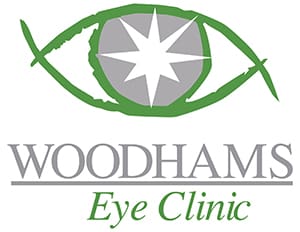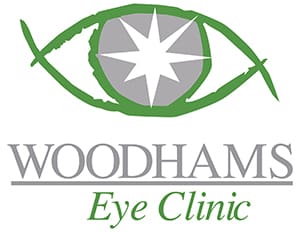Eye discomfort can be caused by a number of culprits. Most common causes of eye irritation are allergies, injuries, disease, and debris. If your eyes are irritated, red, swollen, aching, or burning, you could conclude that you’re allergic to pollen for example, when the problem is something else entirely.
So how do you know? Should you flush your eyes with water, or go to the pharmacy? Do you need to get rid of your favorite pet, wear sunglasses indoors, or change your diet to relieve the pain?
Playing Detective
These are all great questions. But unfortunately, time may be too short. If you prefer to do your own research before calling your doctor, irreversible damage may occur. The reason behind this urgency is not just the sheer number of possibilities that could cause your eye pain, but also the varying interpretations behind each patient’s definition of “irritation.” Everyone has their own pain tolerance, and no one can describe their discomfort well enough for an ophthalmologist to know for sure what the problem is. The only way to know what’s causing your eye trouble is to see your eye doctor right away.
An exam will determine the exact cause of eye irritation, and depending on the cause, a precise method of treatment. Meantime, the sufferer who endeavors to “do-it-yourself” may be wasting precious hours or days jumping from one home remedy to another.
I Spy With My Hurting Eye
Together, you and your doctor can determine the problem in no time. Each condition presents its own unique set of symptoms that, when combined, point to the cause.
Here are 4 common causes of eye irritation and potential symptoms that may differentiate them from one another:
- Allergies
Outdoor allergies are known for making people miserable during times of high pollen, in spring time, summer and autumn. Allergies to pet dander or even your own contacts may also fall under this category. Allergies can develop slowly or make an appearance unexpectedly.
Symptoms of an allergic reaction are increased tear production, itchy watery eyes, redness, swelling, and burning. The symptoms of allergies resemble infection, so if you’re not sure, don’t risk infecting your whole family or even damaging your own vision; call your doctor.
- Dust or Debris
One of the best indications you’re dealing with a foreign object in your eye is that only one eye is affected. Although, if it’s windy outside and suddenly both eyes are in debilitating pain, dust and debris may also be the culprit. Your best clue is a sudden, sharp, stinging pain and the temptation to touch or rub. Immediately tears will flow, adding to your list of clues, and within a few moments, redness and sensitivity to light. Vision loss should be limited to the blur caused by tears, not fogginess or darkness.
- Corneal Scratches
Injuries to the cornea are usually the result of having an irritant in your eye, or overusing contacts. Causes may also be an uncoordinated baby’s patting hand or makeup application tools. Telltale signs resemble the “dust or debris” diagnosis above, only a scratch’s irritation will likely remain even after the offending body is removed.
- Disease
To the common eye (no pun intended), some eye disorders look like simple irritation when in fact, irreparable damage can be done if not caught early. Since nausea or headaches are often dismissed as unrelated, many people have gone too long without treatment, assuming eye irritation was nothing to worry about. Nausea and eye pain or headache can indicate increased eye pressure which can permanently damage your vision. In the case of eye disease, early detection is your best tool, and only your eye doctor has the tools to diagnose your unique eye problem.
Above all, have your eye doctor on speed-dial, and know your history. It’s surprising how easily folks forget previous eye irritation once it’s gone. Instead of taking an “out of sight, out of mind” approach, make a mental note of each episode in your history, and the circumstances surrounding it. That way your eye doctor will know the difference between a minor condition and a vision-threatening emergency.
For questions or comments, contact Woodhams Eye Clinic.

